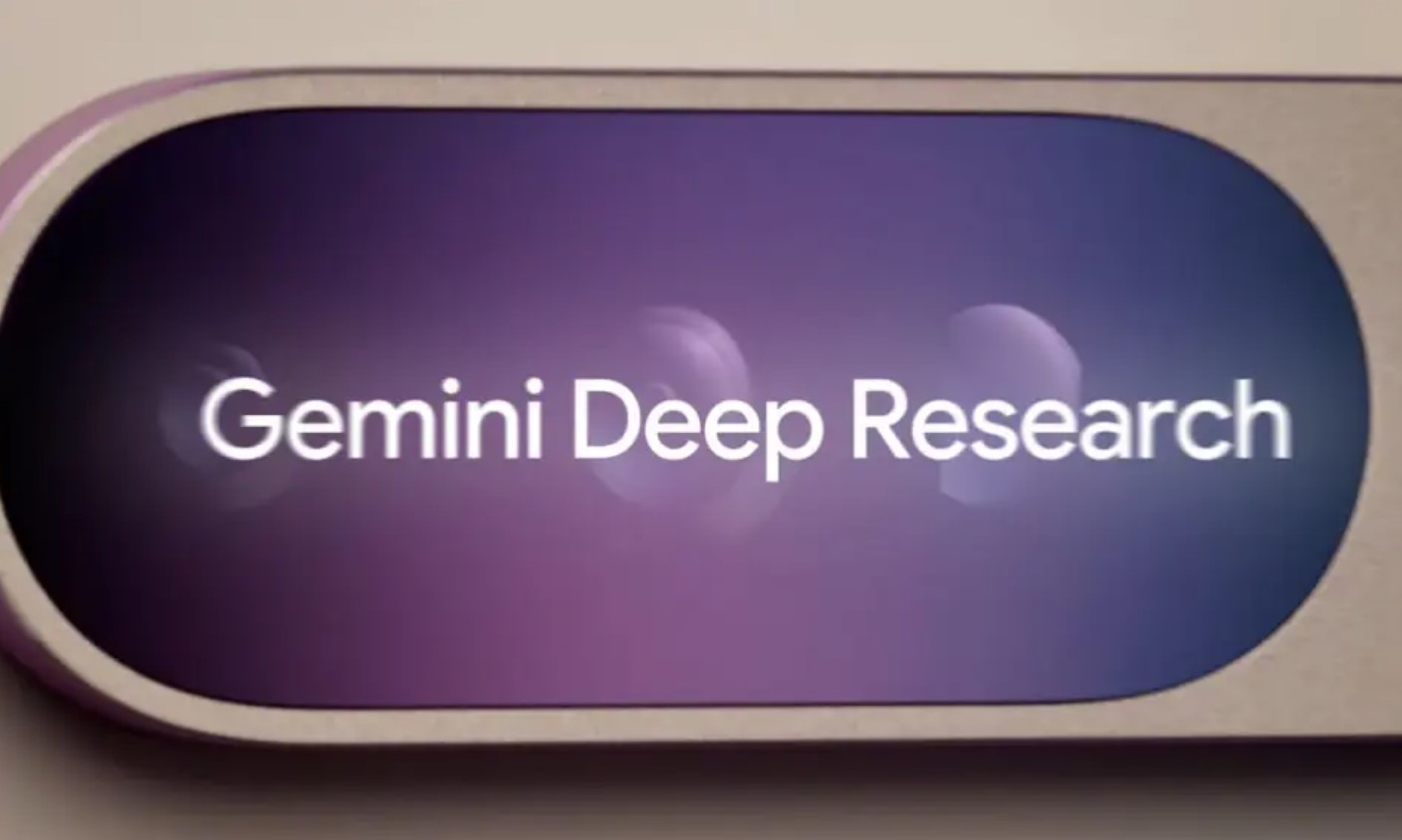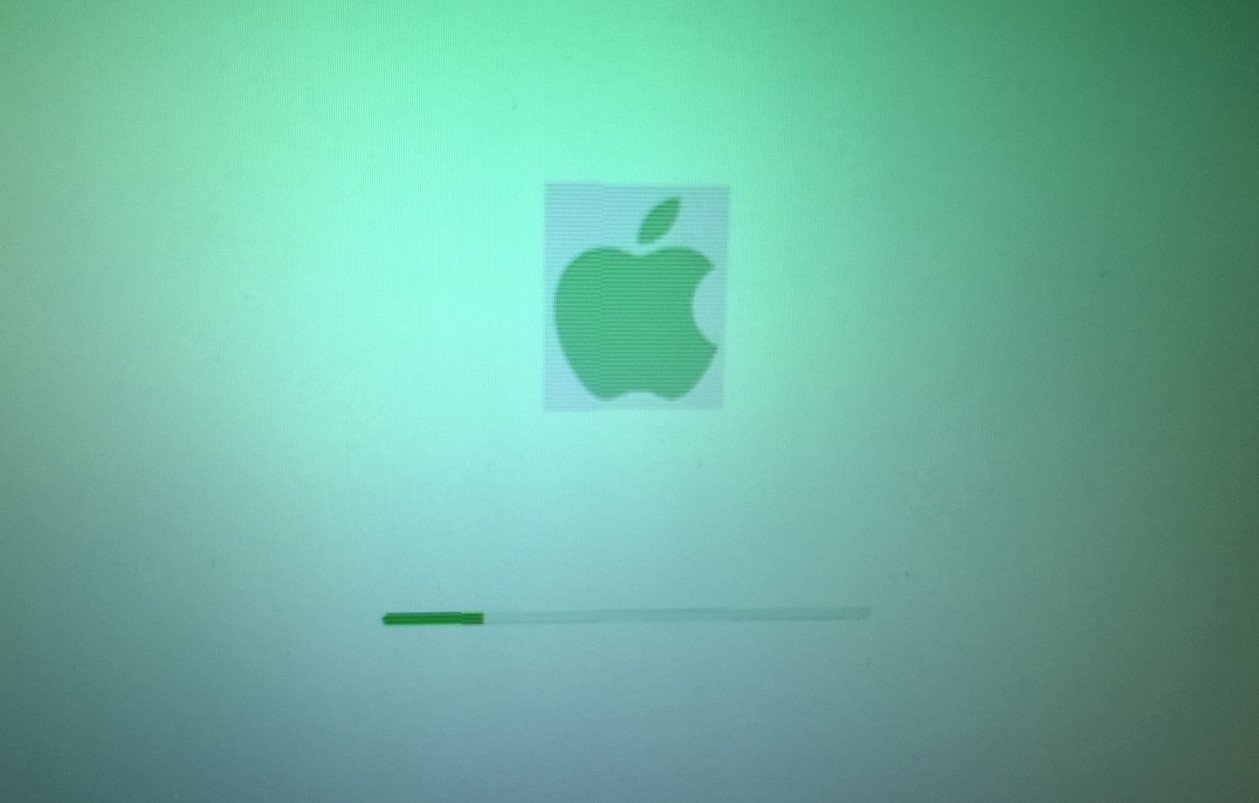News
Google’s Gemini Deep Research Set to Break Out of Its Walled Garden
Published
5 months agoon
By
Leela SehgalGoogle’s most advanced AI research tool, Deep Research, may soon be available beyond its own Gemini interface—opening the door for developers and businesses to plug its brainpower directly into their own tools and workflows.
From Gemini-Only to API Access
Until now, Deep Research has lived exclusively inside gemini.google.com. It’s been powerful, yes, but fenced in. That could change soon. Logan Kilpatrick, a developer relations lead at Google, confirmed that the feature is headed for the Gemini API.
That’s not a small shift. Developers could soon call on Deep Research from inside code editors, business dashboards, or even experimental AI agents without ever opening the Gemini site.
What Deep Research Actually Does
If you haven’t used it, think of Deep Research as the AI version of a research assistant who’s tireless, can read hundreds of web pages in one sitting, and never complains about the coffee.
Here’s what it’s built for:
Browsing hundreds of sources across the web.
Weighing and reasoning through the findings.
Producing structured, multi-page reports.
Google says the new Gemini 2.5 model improves every step—from planning out the research to delivering richer, more nuanced results.
Potential Use Cases Go Way Beyond Academia
Once it hits the API, Deep Research could pop up in unexpected places. Imagine integrating it into your IDE so it compiles not just code but a tailored technical report. Or having it sit inside a product planning tool, feeding teams the latest market and competitor analysis without anyone having to lift a browser tab.
It’s not only about writing long reports either. The system can turn a single prompt into a personalized multi-point research plan, then execute it autonomously.
Why This Matters for the AI Ecosystem
Right now, most advanced AI search and synthesis tools stay locked in their own platforms. Opening Deep Research to the API flips that model—letting others build on top of it, and potentially turning it into a backbone for a new wave of AI-powered applications.
For developers and companies, that’s more than just convenience—it’s access to an AI that actively goes out, fetches up-to-date information, and reasons through it before answering.
And for Google, it’s a play to make Gemini not just a chatbot, but an engine other products quietly rely on.
Leela Sehgal is an Indian author who works at ketion.com. She writes short and meaningful articles on various topics, such as culture, politics, health, and more. She is also a feminist who explores the issues of identity and empowerment in her works. She is a talented and versatile writer who delivers quality and diverse content to her readers.

You may like

ASML Dominates AI Chip Making But Is The Stock Too Pricey?

Victoria Supports Cruz After Cryptic Dig at Brooklyn

Buying the Dip: Can XRP Still Make You a Millionaire?

Julian Gerighty Departs Ubisoft for Battlefield Studios Shocker

OpenAI Rolls Out $8 ChatGPT Go Plan in US with Big Perks and Ads

Rumors Ignite: Witcher 3 DLC Eyes 2026 Zerrikania Quest

Bitcoin’s Quantum Crisis: Risks and Rivals Loom in 2026

XRP vs Dogecoin: Which Crypto Could Mint Millionaires in 2026?

CISA Axes 10 Emergency Directives in Bold Cyber Overhaul

OpenAI Rolls Out $8 ChatGPT Go Plan in US with Big Perks and Ads
TRENDING

 News11 months ago
News11 months agoTaiwanese Companies Targeted in Phishing Campaign Using Winos 4.0 Malware

 News11 months ago
News11 months agoApple Shuts Down ADP for UK iCloud Users Amid Government Backdoor Demands

 News10 months ago
News10 months agoJustin Baldoni Hits Back at Ryan Reynolds, Calling Him a “Co-Conspirator” in Blake Lively Legal Battle




